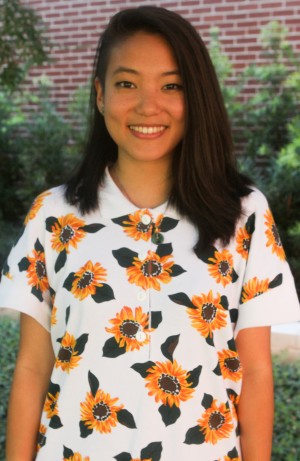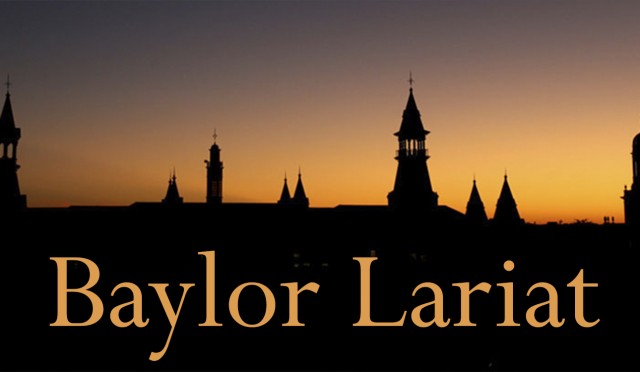
By Ada Zhang
Guest Columnist
The recent debates regarding Islam have made me reflect on my right to the freedom of speech. Part of the First Amendment adopted way back when, this freedom is one Americans too often take for granted. What does the freedom of speech permit me to do, exactly? Should I take to Twitter and insult the president as much as I can in 140 characters? Should I get into Facebook comment wars with people who have viewpoints that oppose mine? With so many avenues for expression, the opportunities are endless. I can exercise my freedom to say whatever I want — whenever I want — without fear of endangering my family, going to prison or having my tongue cut off.
Most of us would agree it’s incredible that the freedom of speech can empower any Average Joe (or Jody) to join the conversation. We’re so busy enjoying this freedom that we rarely stop to evaluate the quality of our speech. Being free to say whatever we want is one thing; saying it well is another.
When it comes to religious discourse — or any discourse really — there are a few things to keep in mind.
First, paint a holistic picture.
Through the lens of the Western media, it’s easy for Americans to see Islam as the “bad” religion. Yes, ISIS is responsible for the deaths of innocents in the Middle East. Yes, they have killed American journalists. And yes, they are Muslim, which makes it easy to say “Islam is a religion of violence.” But if we really look into Christianity’s track record, it’s not that great either. Take the Crusades or the Spanish Inquisition; these are both instances where innocents were killed in the name of Christianity. On the Ku Klux Klan’s website, Pastor Thomas Rob calls on his “white brothers and sisters” to create “solidarity in white communities around the world” because this is the “Christian way.” Would it be correct, then, to say Christianity is a religion of violence and racism? Evaluating the issue from different angles adds layers of nuance, which paints a more complex picture where there isn’t simply a good guy and a bad guy.
Next, stop picking cherries.
The Quran definitely has some violent verses, but have you read the Bible? God says in 1 Samuel 15:3, “Now go, attack the Amalekites and totally destroy everything that belongs to them. Do not spare them; put to death men and women, children and infants, cattle and sheep, camels and donkeys.” Scary religious quotes are just that—scary, which is why it’s imperative that we don’t quote them out of context. We live in a culture altogether different from the one in which these verses were written. Quoting these verses just to prove a point makes you no better than terrorists who use lines from holy texts to advance their political agendas.
Finally, value the individual.
In true American form, I argue on behalf of the individual. Our respective religions don’t make choices for us; we make our own choices. Pinning the blame on religion absolves the individual of responsibility for his or her actions.
Malala Yousafzai, the youngest Nobel Prize Laureate and activist for education, is Muslim, and in her words, “Let us pick up our books and our pens; they are the most powerful weapons.” Knowing the power our freedom of speech gives us, it is our duty to make our speech more informed, more nuanced and more empathetic to those who we see as different.
Ada Zhang is a senior professional writing major from Austin. She is a guest columnist for The Lariat. She is also a blogger for the blog “Food & Feminism.”



